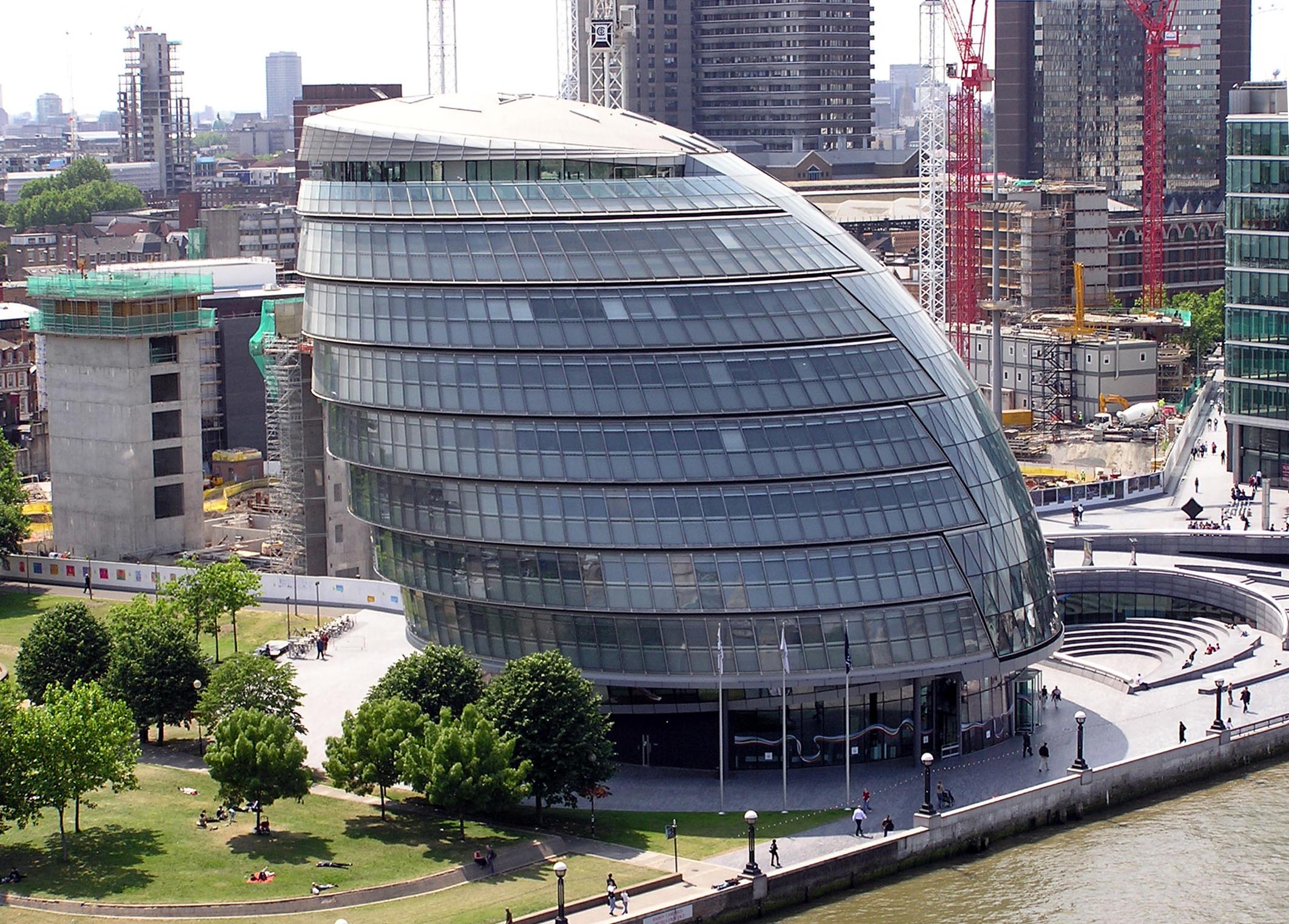With the opinion polls suggesting once again, in the context of the worsening economic situation and the worsening weather, a clear lead for the Conservative Party, it seems an appropriate time to be thinking about what a Conservative Government might mean for local government.
Early in January SOLACE published a booklet entitled Would a Conservative government need local government? The booklet contains a number of essays by some well known Conservative local and national politicians. Margaret Eaton, for example, develops further the place-shaping role of local government, arguing that the council is the champion of the locality, the guardian of its character, knowing and reflecting its personality and preserving its identity. It’s a slightly disappointing collection overall in that it rehearses a number of times some familiar lines of argument about the short-comings of national targets and is perhaps a bit thin in terms of tangible proposals.
Since the publication of the SOLACE document, David Cameron has spoken at the launch of a new Demos project exploring ‘progressive conservatism’. In his speech the Conservative leader identifies the four ends of progressive conservatism as:
- A society that is fair;
- A society where opportunity is equal;
- A society that is greener;
- A society that is safer.
He argues that the defining characteristic of the Conservative approach is a belief that we achieve progressive aims through decentralising responsibility and power to individuals, communities and civic institutions. And the way to do this, he argues, is by creating frameworks rather than rules, influencing behaviour (nudging) rather than issuing diktats; smart incentives rather than blunt regulation.
A promised Conservative green paper on local government which was trailed last year is still awaited. In the meantime, a paper entitled The Permissive State, provides some indication of the policy direction. It identifies four ways in which the balance of power will be shifted:
- greater powers for local government;
- greater transparency of, and local control over, the money that is spent in local communities;
- greater powers for neighbourhoods themselves, for local citizens and civil society;
- more local control over policing.
Specific proposals in the document include:
- Abolition of the regional tier of government and the restoration of the regions’ powers to councils;
- Additional powers for mayors including over policing;
- Abolition of the Comprehensive Performance Assessment and the Best Value regime;
- Phasing out ringfenced grants to local authorities;
- Councils will be encouraged to transfer responsibility for the improvement and
- management of local parks, leisure centres, and public spaces – e.g. specific streets or squares – to neighbourhood groups or parishes;
- Residents should be able to assume control over housing estates;
- Local people will be given the power to elect the men or women who supervise











